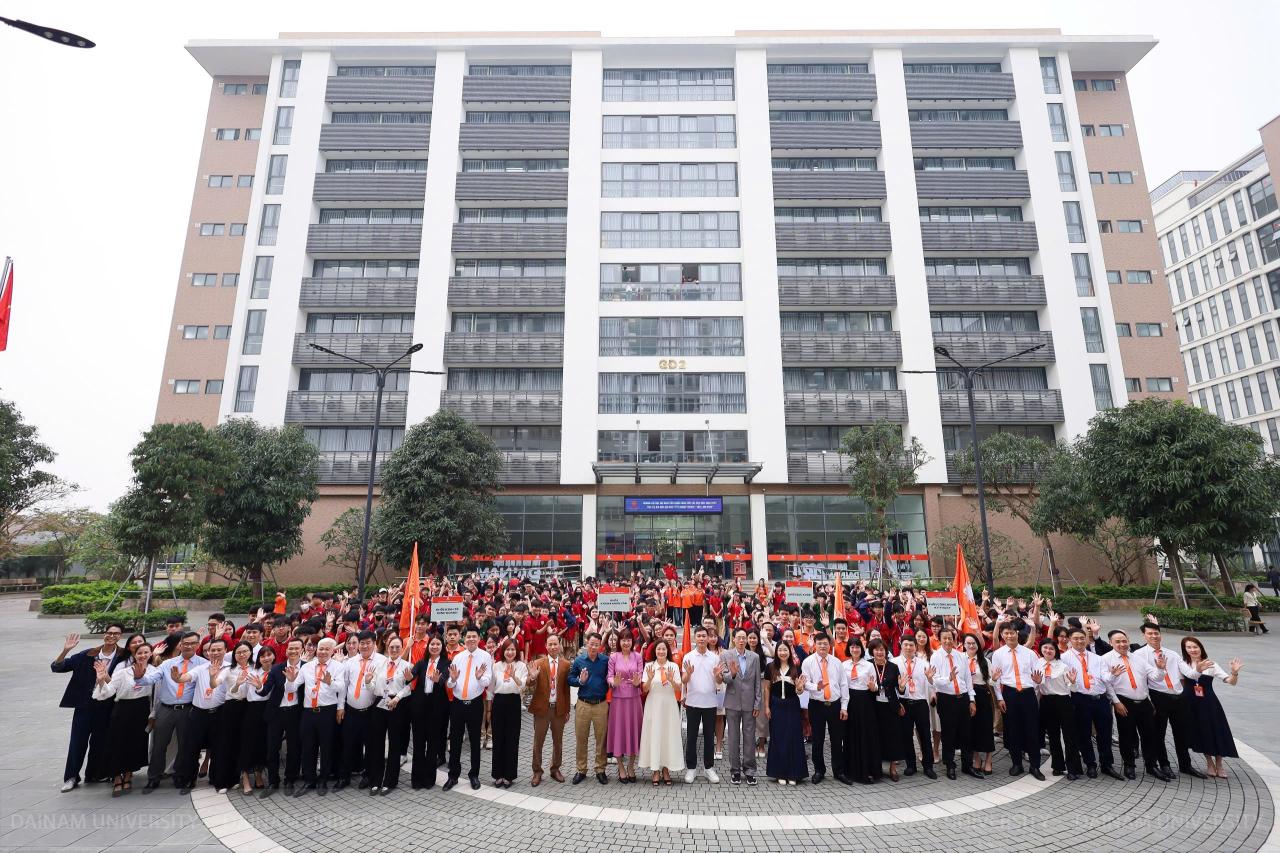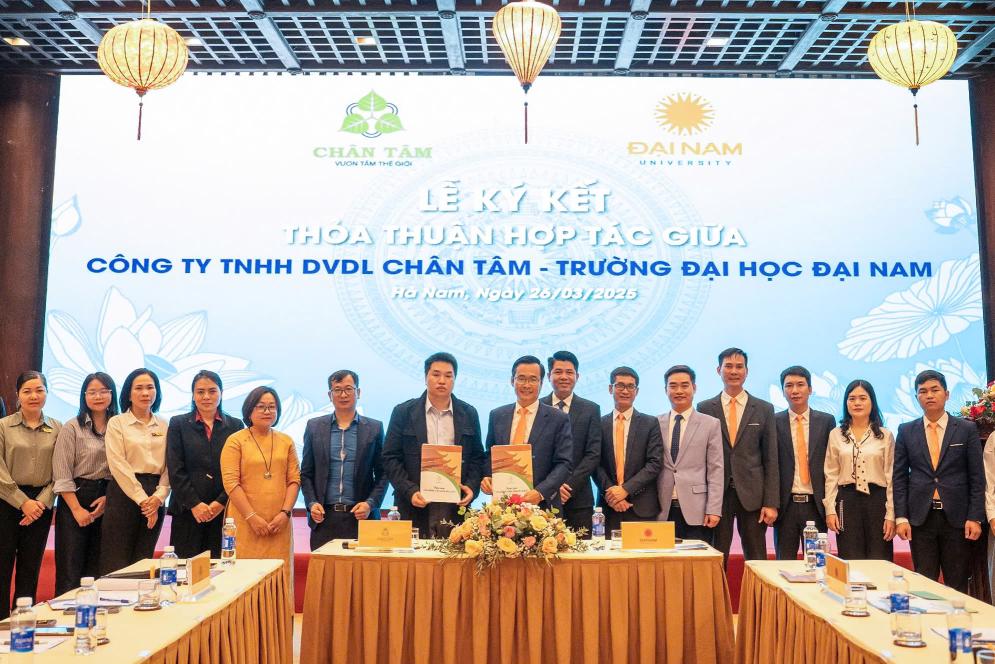Changing corporate income tax management policies - a business perspective

MSc. Vu Thi Mai Nhi – Lecturer of Accounting Department
Decree 126/2020/ND-CP issued on October 19, 2020, effective from December 5, 220, guiding the Law on Tax Administration. Accordingly, many new points will be applied. In particular, the new regulations on corporate income tax have received much attention from businesses because.
According to the provisions of Point b, Clause 6, Article 8 of Decree 126:
“The total amount of corporate income tax provisionally paid for the first 3 quarters of the tax year must not be less than 75% of the corporate income tax payable according to the annual settlement. In case the taxpayer pays less than the amount of tax provisionally paid for the first 3 quarters of the year, he/she must pay late payment interest calculated on the underpaid tax from the day following the last day of the deadline for provisional payment of corporate income tax for the third quarter to the date of payment of the remaining tax to the state budget.”
According to the provisions of Official Dispatch 5189/TCT-CS on corporate income tax declaration (except for corporate income tax from oil and gas exploration, survey and exploitation activities):
“Amend the regulations on the obligation to provisionally pay quarterly corporate income tax, accordingly, the total amount of corporate income tax provisionally paid for the first 3 quarters of the tax year must not be less than 75% of the corporate income tax payable according to the annual settlement, applicable starting from the tax period of 2021. In case the taxpayer pays less than the amount of tax provisionally paid for the first 3 quarters of the year, he/she must pay late payment interest calculated on the underpaid tax from the day following the last day of the deadline for provisional payment of corporate income tax for the third quarter to the date of payment of the remaining tax to the state budget (Point b, Clause 6, Article 8).

Illustration photo.
For example: Enterprise A has the following corporate income tax:
Accounting period | Provisional corporate income tax payment | Actual tax payable according to annual settlement | |
Quarter 1 | 300 million | Estimated tax payment for the first 3 quarters of the year is 75% according to the annual settlement. = 1350* 75% = 1,012.5 million | Due to the sharp increase in revenue in the fourth quarter compared to the first three quarters of the year, the actual tax payable according to the annual settlement is: 1.500 million |
Quarter 2 | 400 million | ||
Quarter 3 | 350 million | ||
Quarter 4 | 300 million |
According to Decree 126, the provisional tax payment for the first 3 quarters of the year must not be lower than 75% of the corporate income tax payable according to the annual settlement: 1,500 million * 75% = 1,125 million.
Thus, from November 1st until the date of payment of the remaining tax amount to the budget, the enterprise must pay late payment for the amount of 75 million (= 1,125-300-400-350) until the date of payment of the remaining tax amount to the budget.
Immediately after the Decree was issued, many businesses expressed concern about late tax payments. It is not difficult to understand why businesses think that the tax industry is making things difficult for businesses.
With the above calculation, if a business has revenue and profit in the fourth quarter that is much higher than the first three quarters of the year, it means that the possibility of being fined for late tax payment will increase, the business will accidentally fall into the category of tax risks or be known for not fulfilling tax obligations well.
Enterprises that do not want to be fined for late payment must pay more tax in the first 3 quarters of the year, which is like forcing enterprises to be certain about their ability to generate profits in the future. According to Ms. Le Thi Duyen Hai - Director of the Department of Declaration and Accounting, General Department of Taxation, "The deadline for declaring and paying provisional tax for the first 3 quarters of the year is October 30. That is, only 2 months left until the end of the year. Therefore, with the plan that has been built and is being implemented, enterprises can completely calculate the revenue and profit of the whole year". However, the reality shows that the business situation of enterprises depends on many factors: epidemics, natural disasters and unusual fluctuations that may occur and affect the business results of enterprises. The development of the Covid-19 epidemic is a clear proof of this issue.
Not to mention, some seasonal or service industries tend to grow strongly in the last months of the year. In reality, there may also be situations where businesses try to exceed their plans or receive unexpected orders of large value in the fourth quarter, then the amount of late payment penalty increases.
With this new regulation, businesses cannot be sure of the revenue they will have to pay in excess to avoid the risk of being fined. When the amount of corporate income tax paid is higher than the actual amount payable, businesses can request a refund, but the procedures are complicated, so businesses will almost always leave it there and deduct it later, while many businesses need capital to turn around their business operations. This causes obstacles and difficulties for businesses, going against the spirit of the tax law that "taxpayers calculate the amount of tax payable themselves".
When businesses are still wondering and worrying about temporary payment of corporate income tax, should the tax authorities also listen, consider and adjust appropriate regulations to create favorable conditions for businesses and ensure that "tax collection must win the hearts of the people"?
References:
- Decree No. 126/2020/ND-CP detailing a number of articles of the Law on Tax Administration
- https://vtv.vn/lanh-te/nam-2021-doanh-nghiep-moi-chiu-su-tac-dong-cua-nghi-dinh-126-ve-tam-nop-thue-tndn-20201124103049937.htm









